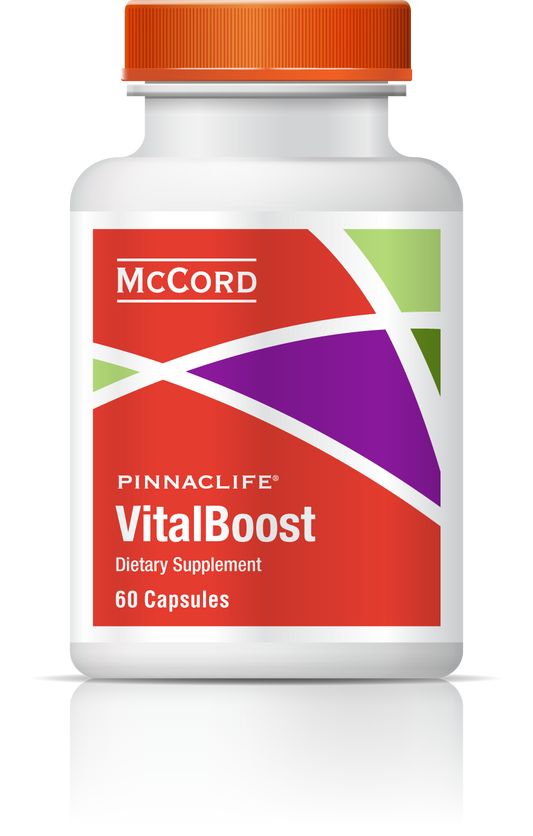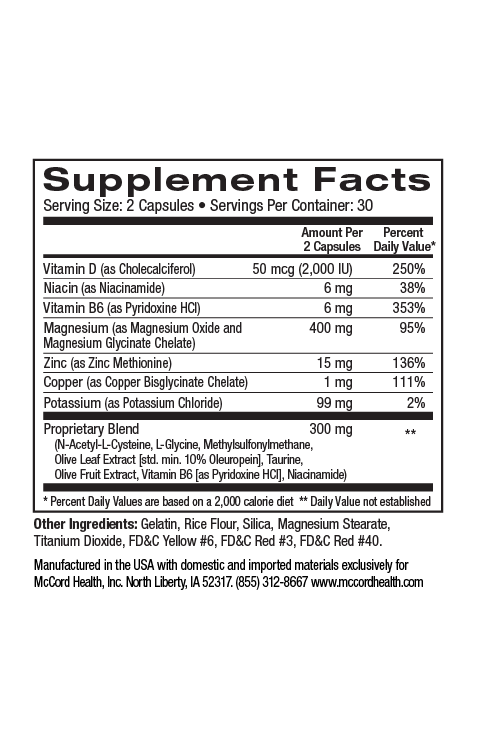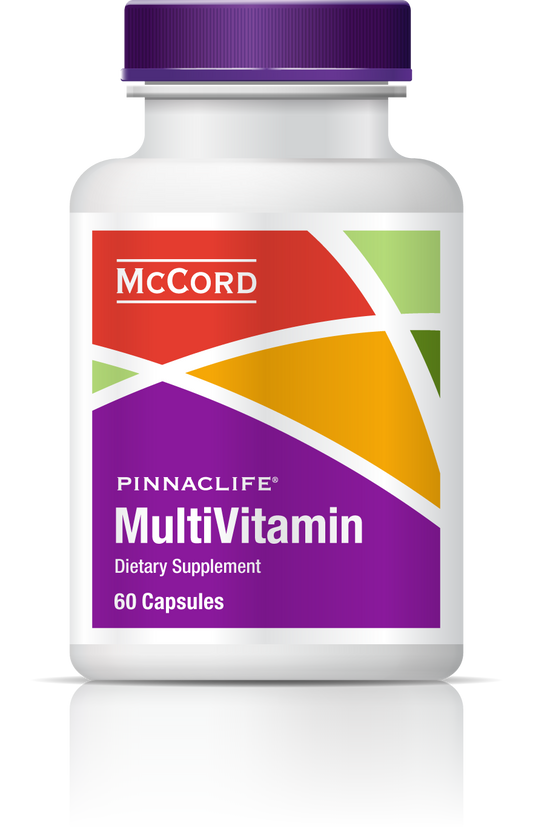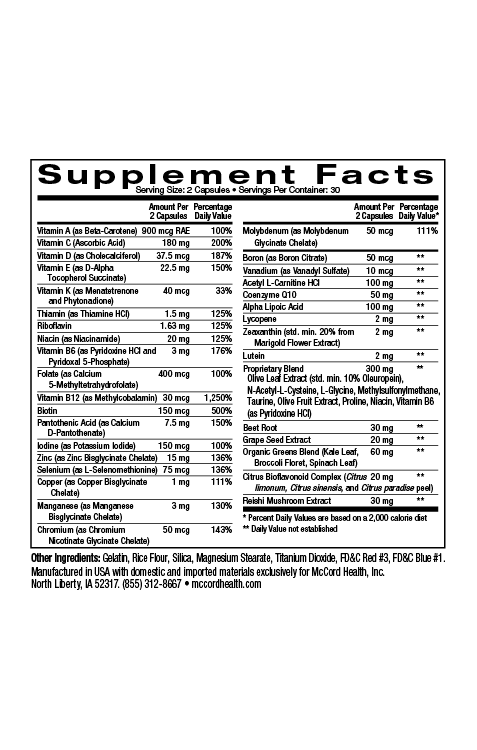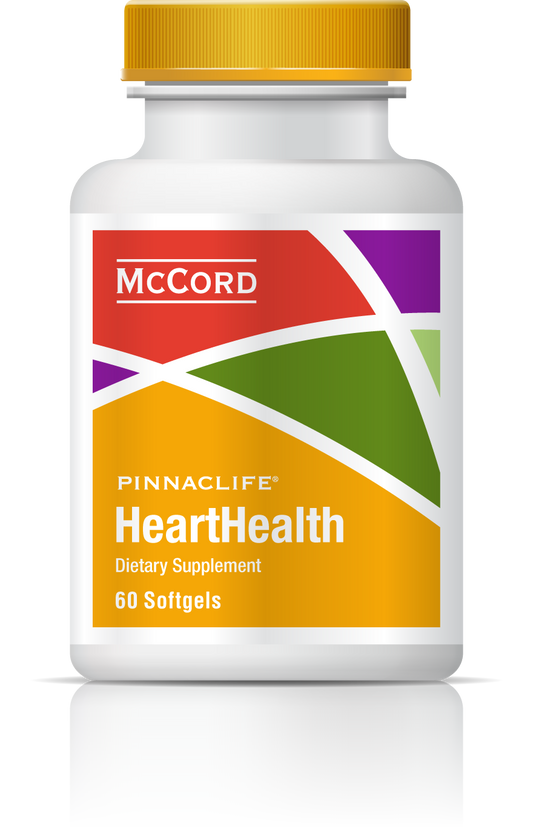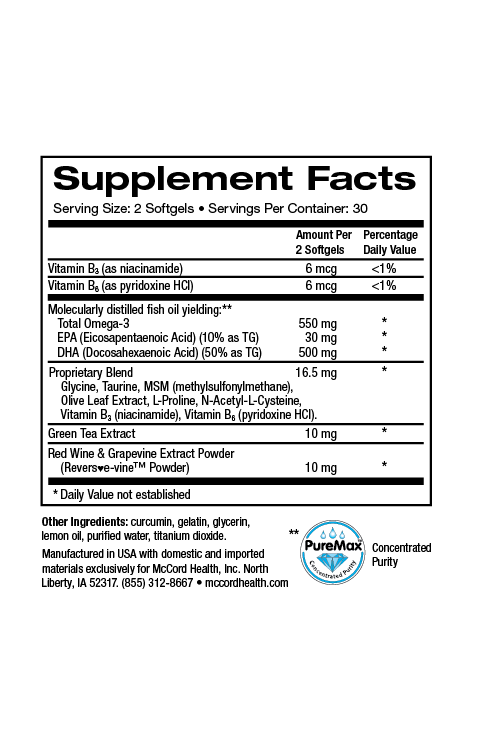Commonly prescribed drugs can lead to deficiencies in micronutrients including zinc. Zinc deficiencies play important roles in diseases like Alzheimer’s disease. Zinc deficiencies can result from taking medicines including antacids, diuretics and certain heart medications, and can occur in individuals with chronic diarrhea and liver problems.
- Zinc deficiencies are common and play a role in many health issues and diseases
- Common medications can cause zinc deficiencies
- Symptoms of zinc depletion can range from taste disorders to increased infections
- Zinc deficiencies occur frequently in individuals with chronic diarrhea
- Liver damage and disease can also result in zinc deficiencies that may initiate metabolic issues
- Various metabolic abnormalities have been remedied by zinc supplementation
Medications influence the metabolism of micronutrients in various ways including intestinal absorption and bioavailability, and micronutrient deficiencies have been underestimated1,2. Various commonly prescribed drugs can precipitate micronutrient deficiencies, but surprisingly, drug-micronutrient interactions are rarely investigated by clinicians. In fact, many drugs are frequently combined potentially exposing patients to synergistic effects on metabolism that can lead to severe or life-threatening health problems1.
Micronutrient Deficiencies are Common
Surprisingly, micronutrient deficiencies are fairly common, especially in the older individuals, and have been linked with cognitive functioning, obesity and immune functioning3. Importantly, the prevalence of micronutrient deficiencies may exceed 30% of the population1. One of the most common deficiencies is zinc2. Zinc deficiency has been found to play important roles in atherosclerosis, cancer, neurodegenerative diseases including Parkinson’s and Alzheimer’s disease, and depression4,5. In fact, evidence suggests that inadequate zinc uptake can cause deficiencies in learning and memory5.
Zinc is considered a micronutrient because it is an essential trace element that is necessary for vital cellular functions and metabolism2. Zinc is present in all tissues of the body with the vast majority of zinc being protein-bound. In fact, it is a cofactor for more than 300 enzymes involved with growth, wound repair, tissue regeneration and immune responses including against viral and bacterial infections3,5,6. Zinc is required for over 2000 transcription factors (proteins regulating gene expression) that are required for lipid, protein and nucleic acid metabolism, and it has important anti-inflammatory properties6.
Zinc Deficiency Can Be Related to Common Medications
Zinc is typically obtained from dietary sources including red meat, poultry, seafood and dairy products3,5. Normally, it is easily absorbed in the digestive tract, but deficiency can be related to dietary habits, aging, and numerous common medications including antacids, diuretics, anticonvulsants, anti-retrovirals, hormones, steroids, other anti-inflammatory drugs and many cardiovascular medications1,5. Zinc deficiencies are also common in patients with chronic diarrhea or malabsorptive disorders including inflammatory bowel disease. In fact, zinc improves intestinal barrier function7,8.
Angiotensin-conversion enzyme inhibitors (ACEIs) such as Benazepril (Lotensin), Enalapril (Vasotec), Lisinopril (Prinivil, Zestril), Perindopril (Aceon) and Trandolapril (Mavik) and angiotensin II receptor agonists/blockers (ARBs) such as Losartan (Cozaar), Candesartan (Atacand), Telmisartan (Micardis), Valsartan (Diovan), and Fimasartan (Kanarb) are common in the treatment of hypertension and heart disease. Various studies have associated ACEI and ARB with significant decreases in zinc serum levels.
The interaction of these drugs with zinc is complicated by the fact that ACEI and ARA II are typically prescribed for conditions that disturb zinc metabolism including diabetes1. In addition, the frequent combination of ACEIS and ARB with thiazides (diuretics) enhance their zinc depleting effects because thiazides block zinc absorption. Clinical symptoms of zinc depletion may include taste disorders, anorexia, hypothyroidism, neurological disturbances, slowed healing and increased infections1,4.
Zinc Deficiencies Initiate Numerous Metabolic Issues
Zinc homeostasis is mainly regulated in the liver and chronic liver damage due to liver problems including hepatitis, liver cirrhosis or fatty liver may result in zinc deficiency that can initiate numerous metabolic issues including insulin resistance, hepatic steatosis and iron overload. Notably, zinc has been found to have beneficial effects on hepatic inflammation and oral administration of zinc has improved hyperglycemia, glucose tolerance and insulin resistance in a model of type 2 diabetes. In fact, oral administration of zinc has been prescribed in patients with type 2 diabetes and various metabolic abnormalities have been remedied by zinc supplementation9.
Zinc is a critical micronutrient found in Pinnaclife® MultiVitamin and VitalBoost with Olivamine® http://www.olivamine.com that helps maintain healthy levels of inflammation. Zinc is vital for cognitive functions, intestinal barrier function, optimal wound healing, and immune responses against infections. Pinnaclife® MultiVitamin includes impeccably sourced ingredients, including zinc that have undergone rigorous scientific review to prove that they renew, restore and repair cells.
References
- Nutrition 2913; 29: 605-610.
- EPMA J 2016; 7:10: 1-5.
- Nutrients 2018; 10: 584: 1-19.
- Pathobiol Aging Age-Rel Dis 2015; 5: 25592: 1-5.
- Front Pharmacol 2017; 8: 414: 1-12.
- Dermatol Res Pract 2014; ID 709152: 1-11.
- Inflamm Bowel Dis 2017; 23(1): 152-157.
- Int J Epidemiol 2015; 1995-2005.
- Nutrients 2018; 88: 1-17.

